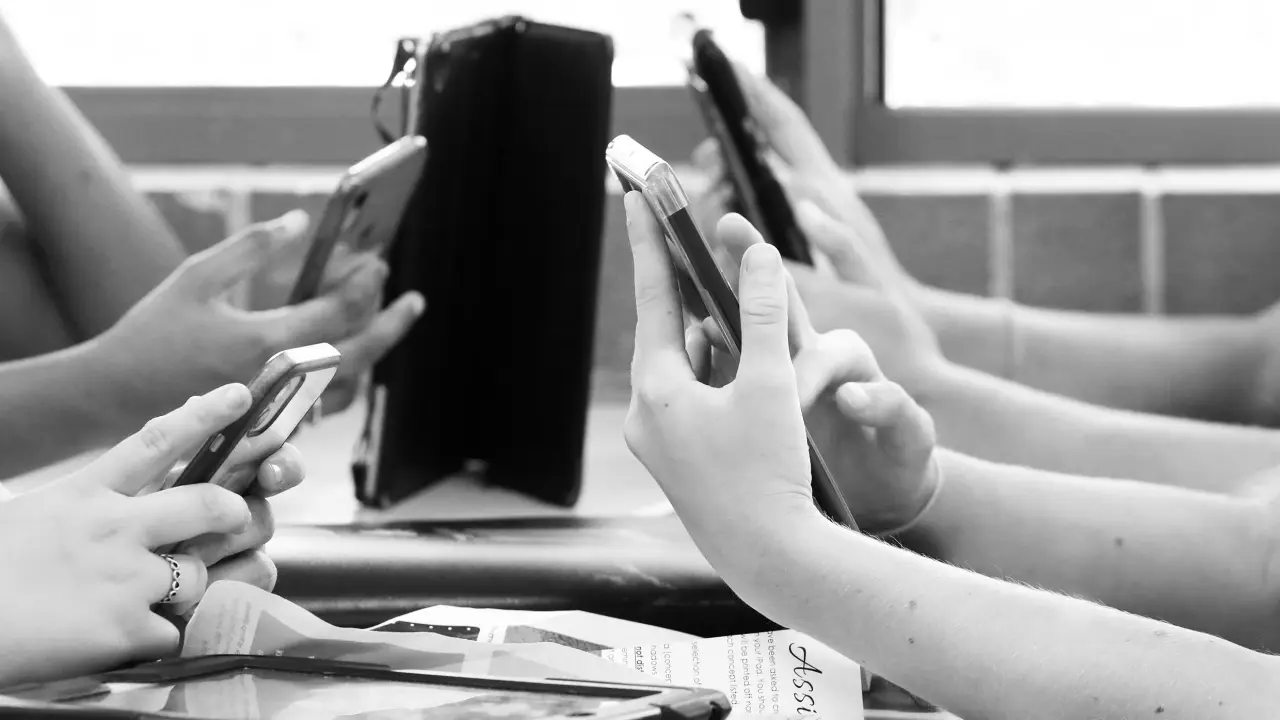Students will benefit from fewer distractions in the classroom: Pinterest CEO supports phone-free schools
Pinterests CEO wants teens to use their app, but not during school hours.Bill Ready has joined the growing chorus of parents, educators, and policymakers advocating for phone-free schools. A recent Pew Research Center survey found that 72% of high school and 33% of middle school teachers report cell phone distractions as a major problem. Its so objectively clear that students will benefit from fewer distractions in the classroom, Ready said during a recent interview. It will benefit their learning.While in some ways surprising for a social media CEO, since Ready took the helm nearly three years ago, he has worked to position Pinterest as a tech company prioritizing online safety for young users. Under his leadership, Pinterest has called for stronger protections, including a national digital ID system to verify users ages and support for the bipartisan Kids Online Safety Act (KOSA), which would require platforms to take reasonable steps to safeguard minors from harm.Pinterest is also testing a new feature designed to encourage students to stay off the app during school hours. Some 97% of 11- to 17-year-olds use their phones during school time, for an average of 43 minutes, according to a 2023 Common Sense Media study. In the United States, at least eight states have now passed policies that ban or restrict cell phone use in schools, while 15 states have considered similar measures, according to health policy organization KFF.Pinterest has always done things a little differently compared to its peers. Founded in 2010, the social media platform caters to its predominantly female audience with a focus on recipes, fashion trends, and home decor. Users create and share digital bulletin boards, pinning images that inspire them, a refreshing departure from the fast-paced, often rage-baiting content that make up much of other platforms.Pinterests emphasis on positivity also resonates with users; according to Sprout Socials 2024 content strategy report, over half of social media users describe Pinterest as more positive than other platforms. Ready has since doubled down on Pinterests reputation as a kinder, more positive corner of the internet. A key difference between Pinterest and other platforms is that we do not optimize for time spent, but rather time spent welltime spent on joyful, inspiring experiences, Ready previously told Fast Company. Were betting on hope, not hatred as the driver of engagement on Pinterest.


